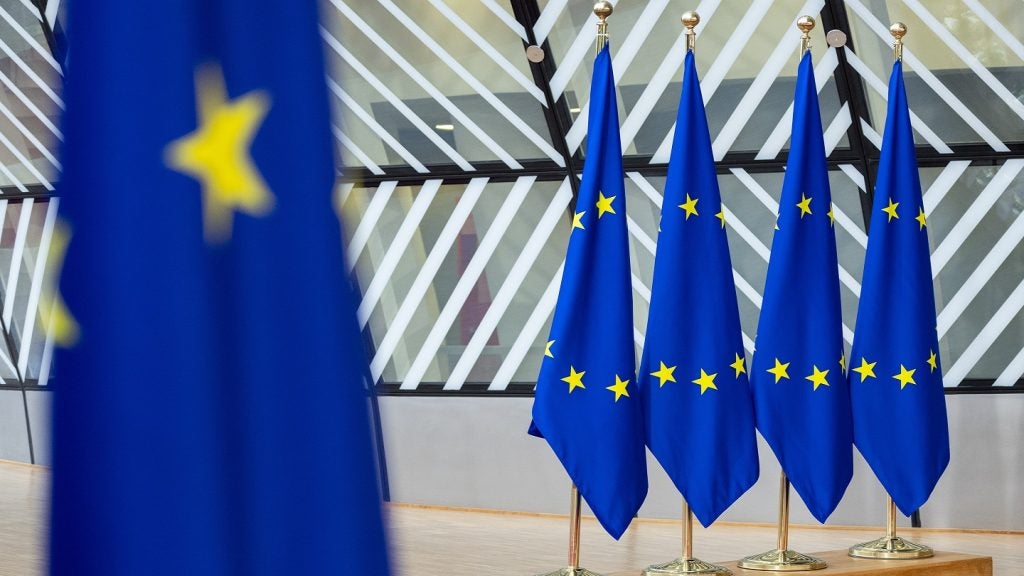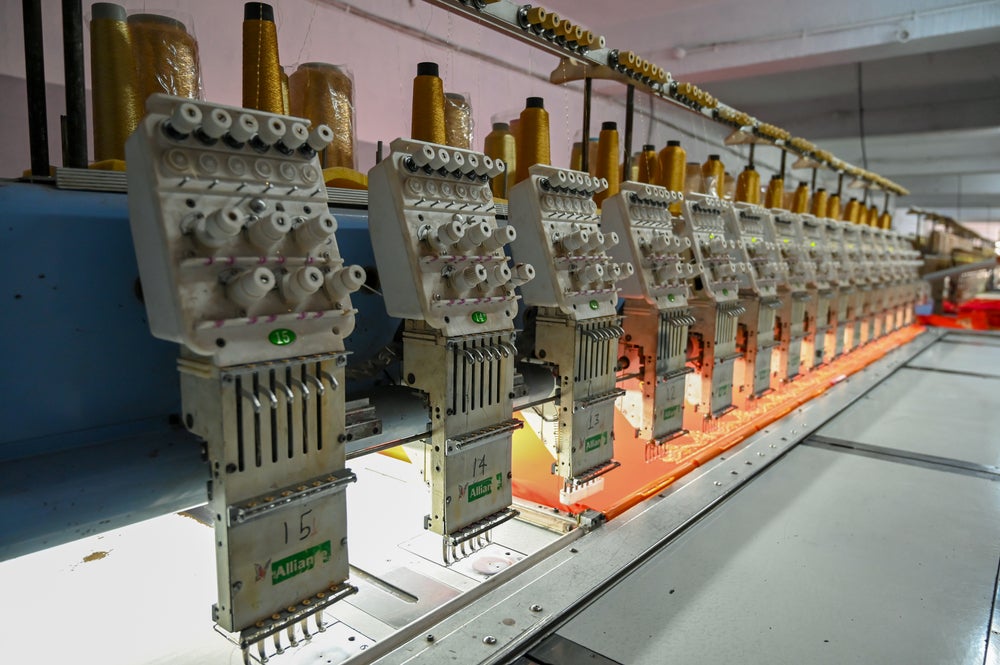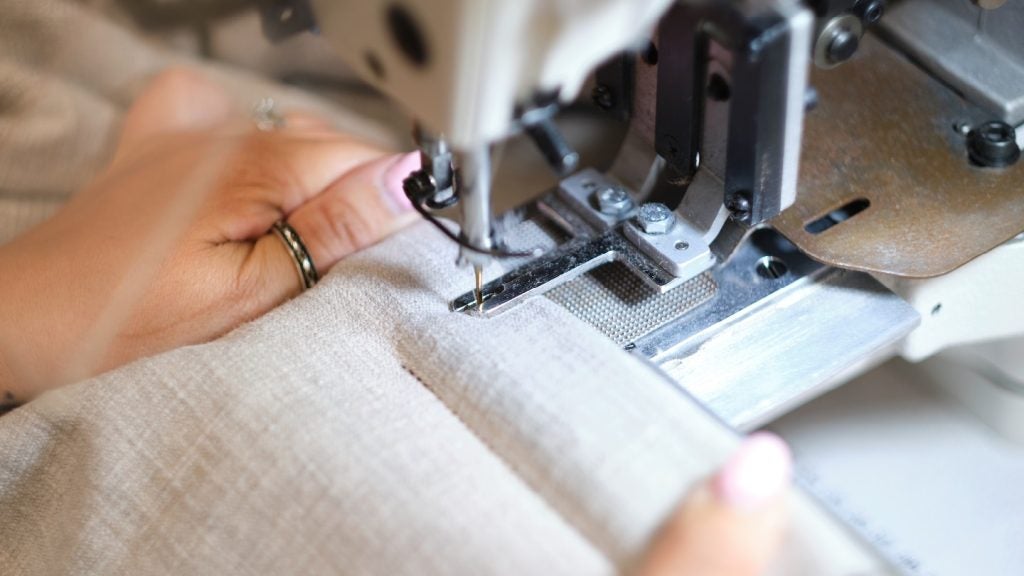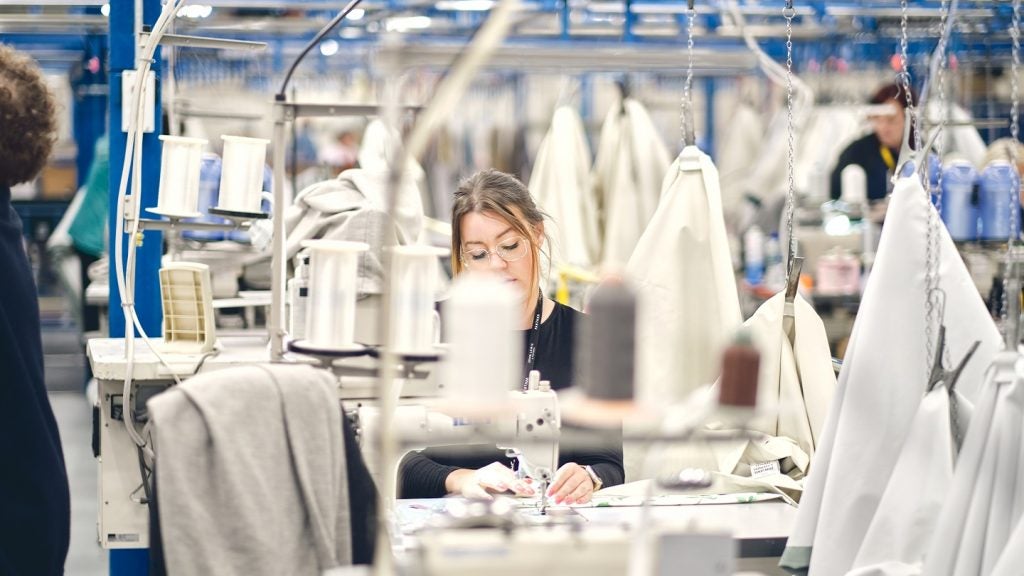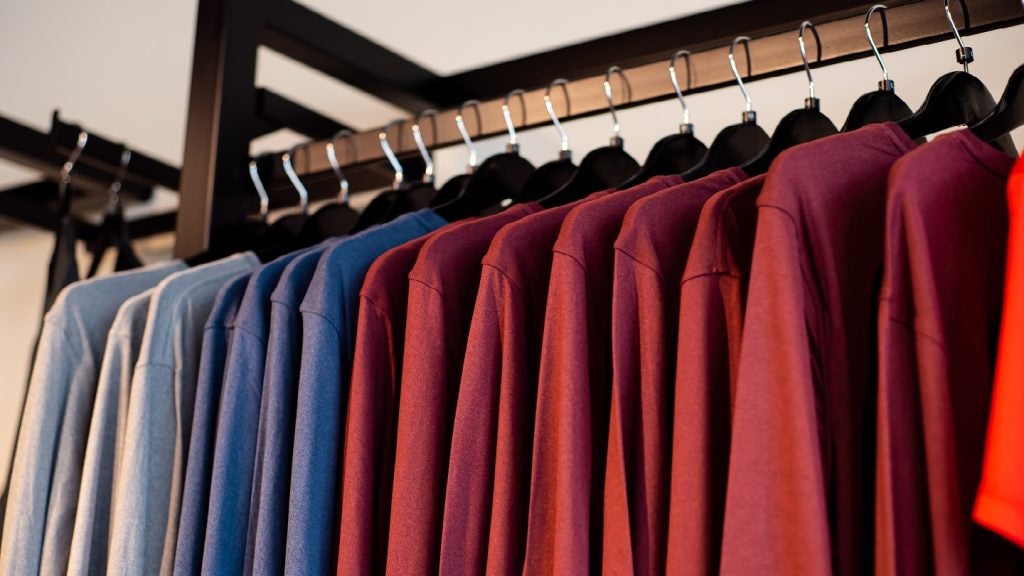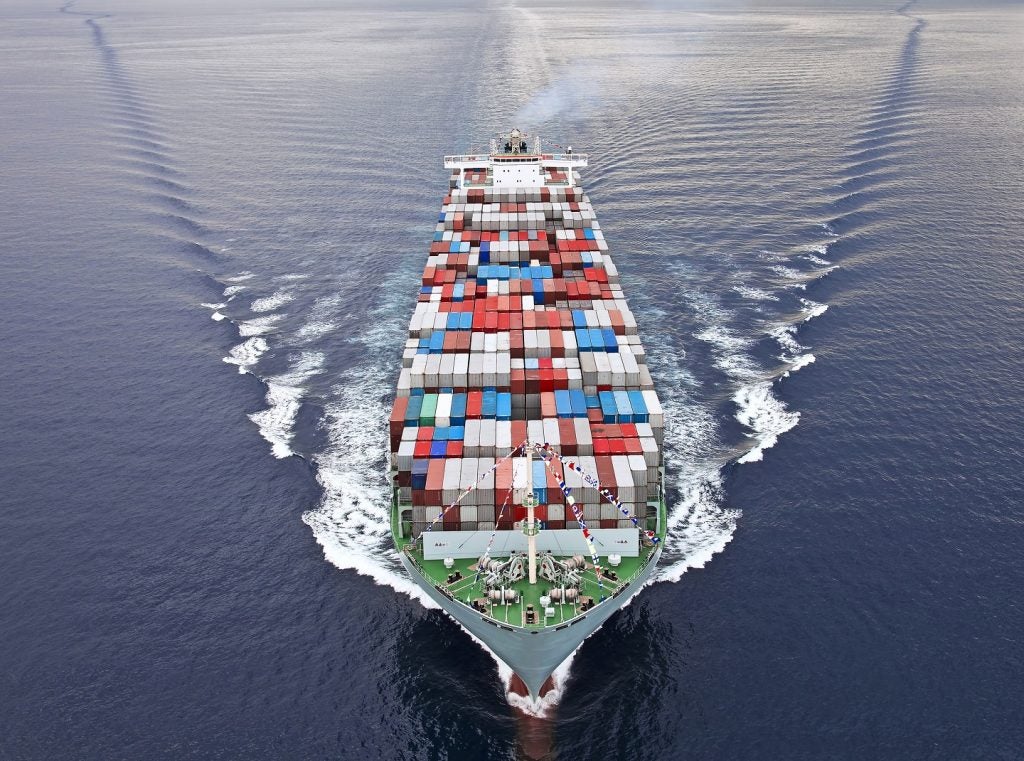This adoption marks the final phase in the EU's legislative process for banning forced labour goods. The council established its negotiating stance on 26 January 2024 and a provisional agreement was reached between both co-legislators (the Council and Parliament) on 5 March 2024.
The European Commission (EC) initially proposed this regulation on 14 September 2022 to prohibit products linked to forced labour within the EU.
Globally, an estimated 27.6m individuals are subjected to forced labour across various industries and continents, primarily within the private sector but also involving public authorities.
Forced labour continues to affect sectors like apparel and textiles, mining, agriculture, and services.
The council says estimates reveal that 160m children aged five to 17 years are engaged in child labour. It is also projected that 70% of child labour is in agriculture with cotton among the most common commodities produced using child and forced labour in 18 countries.
Framework for addressing forced labour
The regulation establishes a legal framework aimed at addressing products associated with forced labour within the internal market. The European Council will develop a database identifying areas or products at risk of being linked to forced labour to assist authorities in evaluating potential breaches of this regulation.
Investigations may be initiated based on risk assessments conducted by the commission for cases involving forced labour outside the EU while member state authorities will handle cases occurring within their jurisdictions.
Authorities in member states are required to exchange information with their counterparts in other states if they suspect violations of the regulation elsewhere in the EU. They must also inform the commission if there are concerns regarding forced labour in third countries.
The authority responsible for conducting the investigation will make the final determination regarding the prohibition, withdrawal, or disposal of products made with forced labour. Decisions made by national authorities will be recognised across all member states under mutual recognition principles.
Future actions
Following approval by the Council on 19 November 2024, this legislative act is now adopted.
Once it receives signatures from both the president of the European Parliament and the president of the council, it will be published in the Official Journal of the European Union and will take effect one day after publication. The regulation will come into force three years after its effective date.
In April this year, the European Parliament approved new legislation that will prohibit the sale, import, and export of goods manufactured using forced labour within the EU from 2027.


